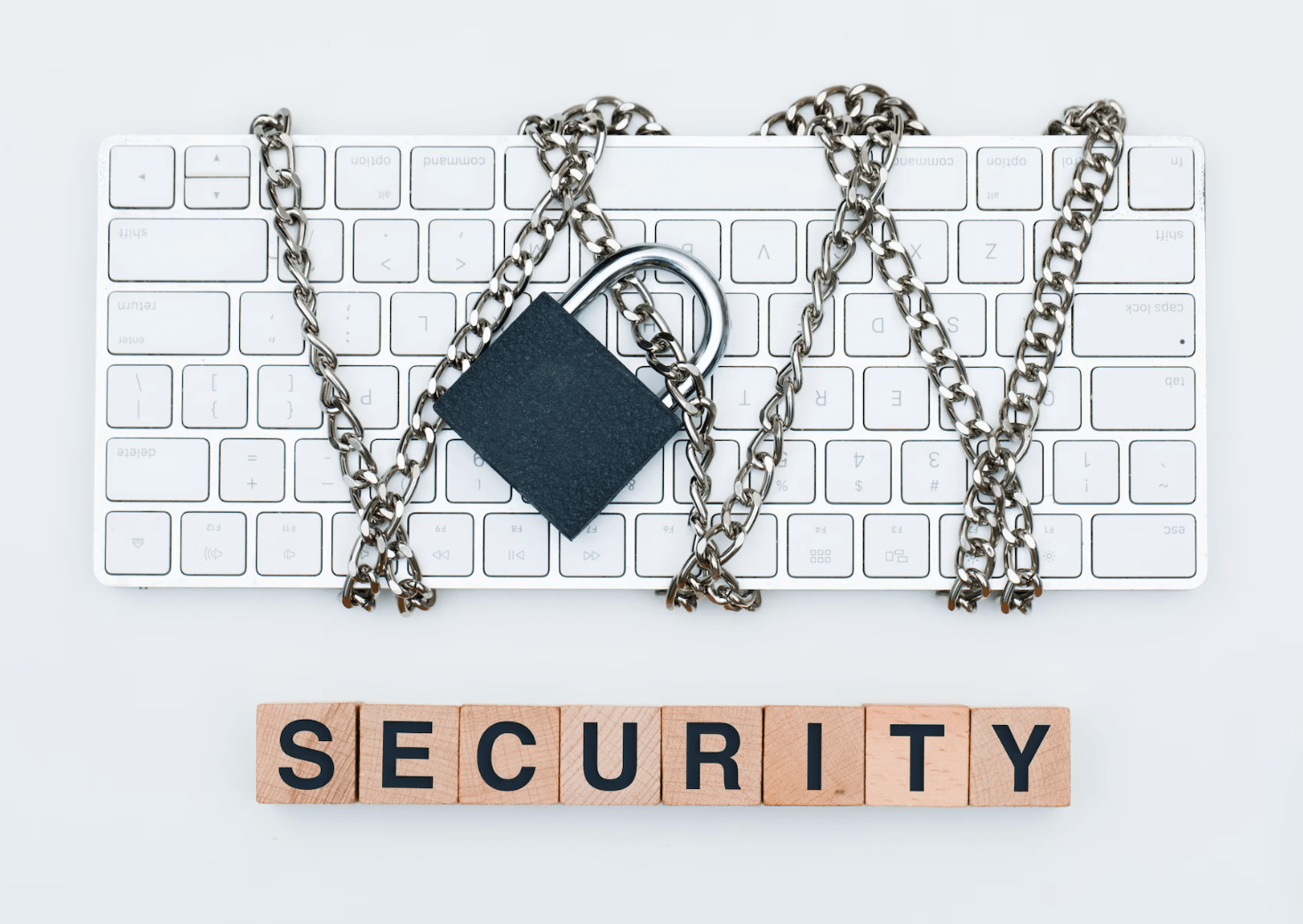Wire fraud, a form of a financial scam conducted through electronic communication, has become increasingly prevalent in today’s digital age. It involves deceptive tactics to trick individuals and businesses into transferring funds to fraudulent accounts. Therefore, protecting oneself from fraud is crucial to avoid financial losses and maintaining the integrity of business and personal finances. This article will provide essential tips for individuals and businesses to enhance their defenses against fraud.
About Wire Fraud

Wire fraud encompasses various schemes designed to deceive individuals and organizations. Common types of wire fraud are phishing scams and business email compromises (BEC). Phishing scams involve fraudulent emails or messages that impersonate legitimate entities to obtain sensitive information such as login credentials or credit card details. BEC scams target businesses by compromising email accounts to deceive employees into transferring funds to fraudulent accounts.
Real-life case studies serve as cautionary tales, shedding light on the devastating consequences of fraud incidents. Moreover, these examples highlight the importance of implementing preventive measures to avoid falling victim to such scams.
Essential Tips for Individuals
Strengthening Online Security
- Use strong and unique passwords: avoid using easily guessable passwords and consider employing a password manager to maintain strong and unique credentials for each online account.
- Enable two-factor authentication: add an extra layer of security by enabling two-factor authentication wherever possible, requiring both a password and a verification code to access accounts.
- Keep software and devices updated: regularly update software applications, operating systems, and devices to patch security vulnerabilities that fraudsters may exploit.
Recognizing and Avoiding Phishing Scams
- Identify suspicious emails and messages: be cautious of unsolicited emails, especially those with grammatical errors, suspicious attachments, or requests for personal information.
- Verify the authenticity of requests: independently contact the alleged sender through official channels, such as their website or customer support, to confirm the legitimacy of any requests for sensitive information.
Being Cautious with Personal Information
- Limit sharing personal details online: be mindful of the information shared on social media platforms and restrict access to personal profiles to trusted individuals.
- Avoid oversharing on social media: refrain from posting sensitive information, such as full names, addresses, or travel plans, as fraudsters may exploit it.
Conducting Secure Online Transactions
- Verify the legitimacy of websites and sellers: before making online purchases or sharing payment information, ensure the website is secure (look for “https” and a padlock icon) and research the seller’s reputation.
- Use secure payment methods: opt for credit cards or secure payment gateways that offer fraud protection rather than sharing direct bank account details.
- Regularly monitor financial accounts: routinely review bank statements and monitor financial accounts for any unauthorized activity, promptly reporting suspicious transactions to the bank or financial institution.
Essential Tips for Businesses
Employee Education and Training
- Create awareness about wire fraud risks: conduct training sessions to educate employees about the various types of fraud schemes and their potential impact on the organization.
- Teach employees to identify and report suspicious activity: provide guidelines on recognizing red flags and establish clear reporting procedures to ensure timely action.
Implement Robust Internal Controls
- Establish a strong system of checks and balances: implement processes requiring multiple approval levels for financial transactions, reducing the risk of unauthorized wire transfers.
- Segregate financial duties and responsibilities: assign different employees to handle financial tasks such as initiating wire transfers, reconciling accounts, and approving payments, reducing the potential for internal fraud.
Verify Vendor and Supplier Information
- Conduct due diligence before initiating wire transfers: thoroughly vet new vendors or suppliers, verifying their legitimacy and ensuring their contact information matches official records.
- Implement multi-step verification processes: establish verification protocols, such as contacting known individuals within the vendor organization, before authorizing large or unfamiliar wire transfers.
Regularly Review and Update Security Protocols
- Conduct vulnerability assessments and penetration testing: regularly assess the organization’s systems and networks for vulnerabilities, employing ethical hackers to identify and address potential weaknesses.
- Employ encryption and secure communication channels: utilize encryption technologies and secure communication channels, such as virtual private networks (VPNs) or secure email platforms, for transmitting sensitive information.
Responding to Wire Fraud Incidents
In the unfortunate event of a wire fraud incident, immediate action is crucial to mitigate further damage. First, contact the bank or financial institution to freeze compromised accounts and initiate recovery. Next, report the incident to law enforcement, providing any available evidence or documentation to aid in their investigation.
Simultaneously, notify affected customers and clients about the incident, reassuring them of your commitment to their security. Conduct internal investigations to identify vulnerabilities and implement necessary measures to prevent future incidents.
Comparison of Secure Payment Methods
| Payment Method | Security Features | Benefits |
| Credit Cards | Fraud protection policies and chargebacks | Limited liability for unauthorized transactions |
| Secure Payment Gateways | Encryption and tokenization of payment information | Enhanced security for online transactions |
| Bank Transfers | Direct transfer of funds between bank accounts | Minimal risk of exposing credit card information |
| Digital Wallets | Secure storage of payment credentials | Convenient and quick transactions |
Conclusion
Protecting oneself from wire fraud requires vigilance, awareness, and proactive measures. By implementing the essential tips outlined above, individuals and businesses can fortify their defenses against fraud scams. Stay informed about the evolving tactics employed by fraudsters and regularly update security practices. By spreading awareness and educating others about fraud prevention, we can collectively work towards minimizing the impact of this digital threat and safeguarding our financial well-being.
Links:


